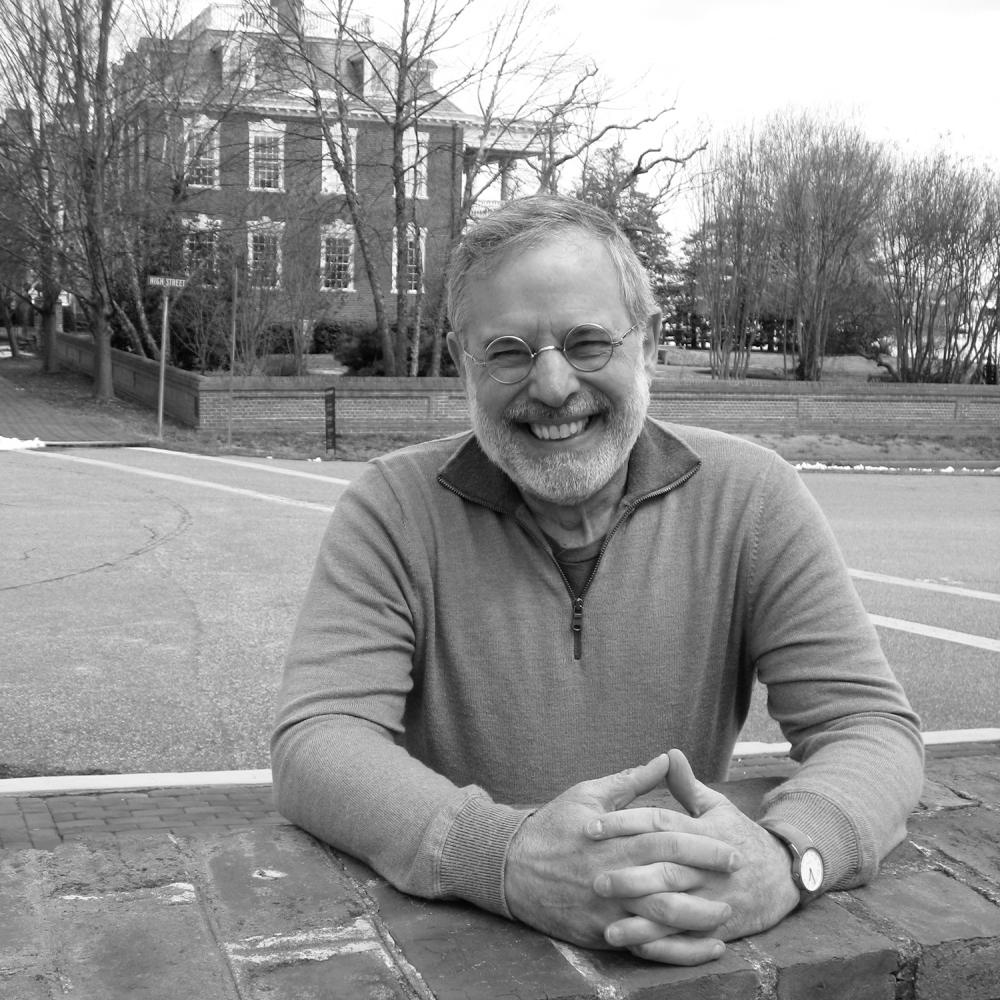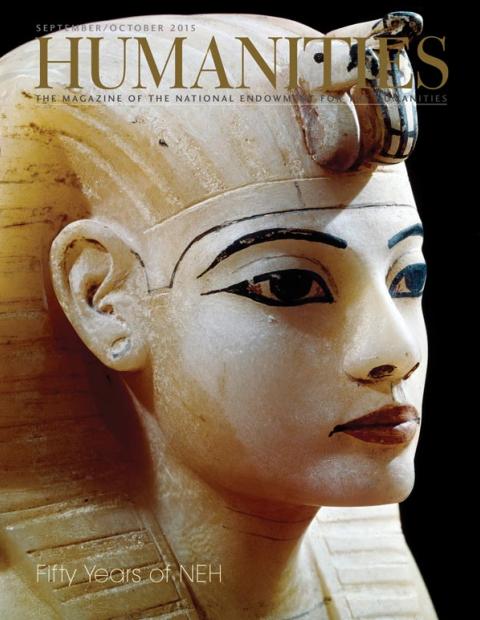Uncle Walt’s worlds defined twentieth-century American culture. To Neal Gabler, author of Walt Disney: The Triumph of the American Imagination, and a consultant to Walt Disney, an NEH-funded film airing on PBS on September 14 and 15, Disney was a “driven, creative, self-absorbed, perfectionist visionary.”
Uncle Walt gave us Mickey Mouse, Snow White, and Mary Poppins. Which character was his favorite?
He always regarded Mickey Mouse as his alter ego—the put-upon little guy who managed to forge his own reality. But he regarded Snow White as his apogee. He dedicated four years to that film—and I mean dedicated—and he thought that it turned out the way he had envisioned it. It also created the template for his subsequent films, all of which are about a child who must accept responsibility in order to come to terms with life. (That is why Inside Out may be the quintessential Disney film, even though he didn’t make it.)
And your favorite is . . .
Pinocchio. Pinocchio is the height of hand-drawn animation, and to me it is the most beautiful of those great 1940s Disney films. But it is also the darkest of his films—the one that, to my mind, best addresses that larger theme of what it takes to grow up, what you gain and what you lose in the process.
Of all the people you could write about, why did you choose Disney?
I always want to write about individuals whom I consider architects of the American consciousness. I am fascinated by who and what make us who and what we are. I think you would be hard-pressed to find someone who affected American culture—its images, its values, its narratives—more than Disney.
The documentary viewers will be most surprised by . . .
How financially insecure he was, even after his triumphs. The company was often on the ropes of bankruptcy. It never really stabilized until Disneyland.
How was Disney particularly American?
Walt Disney was a Jamesian character. He had the innocence that Henry James ascribed to Americans, the forthrightness, the fundamental decency, the drive, and ambition. He is no sophisticate, but he is tuned into his own emotions. It is worth noting that he was born in the middle of the country, Chicago, at the turn of the last century, spent his formative years on a Missouri farm, and achieved success in California—a very American trajectory.
Which world leaders were fond of all things Disney?
Maybe the fondest was Soviet premier Nikita Khrushchev, who practically made an international incident over forcing the State Department to allow him to visit Disneyland when he came to America. It just goes to show that even behind the Iron Curtain folks knew about “the happiest place on earth.”
What would a psychologist say about the Great Imagineer?
A psychologist, particularly a Freudian, would have a field day with Disney. So much of Disney’s life seems to have been lived in rebellion against his father, Elias, who was a strict, deeply religious, somewhat humorless character and one who didn’t quite understand his son. If Walt decided to create imaginative worlds over which he had complete control, it could very well be because he grew up in a world over which he had no control.
Could Walt have survived without his long-suffering brother?
God, no! Roy Disney may have been a bean counter, but he planted those beans for his brother’s benefit. Walt had no understanding of finances. He only cared about art. Roy let him indulge that concern. As Roy once said, if it hadn’t been for him, Walt probably would have been fleeced.
What happened in the sweatbox?
The sweatbox was where animation roughs—the raw animation drawings—were examined by Disney before being approved by him. Animators sweated not only because the quarters initially were tight—but because Walt was so demanding, you perspired awaiting his verdict.
He named names to the House Un-Amercan Activities Committee. The motive?
It is a long story, but to cut to the chase: The studio was struck in 1941 by the Cartoonists Guild, and paradise, in Walt’s eyes, was lost. Though he wasn’t especially political, he blamed Communist agitators for the ruination, and he would be stridently anti-Communist for the rest of his life.
How did Disney optimize his creativity?
Actually, he didn’t. The studio had its peak years in the late '30s and early ’40s when young Walt could basically control everything. He was one of the great micro-managers. When he could no longer micromanage, he basically delegated everything except for Disneyland. His attitude was that if he couldn’t make something great, he didn’t want to be personally invested in it.
More challenging boss: Walt Disney or Steve Jobs?
That’s a tough one. I wouldn’t want to have worked for either. Both were instrumentalists, which is to say that they were only concerned with whether you were instrumental to their visions. When you ceased to be, Walt had a term: “dead wood.” Even some of the greatest animators would eventually be dismissed as “dead wood.”
Legacy—How would Disney want to be remembered?
At the time of his death, he was working on EPCOT, which he foresaw as an Experimental Prototype Community of Tomorrow—a fully functioning city attached to Disney World in which he could try out ideas of urban planning. In the end, he wanted to change the way we live. He just didn’t live long enough to realize that dream.


